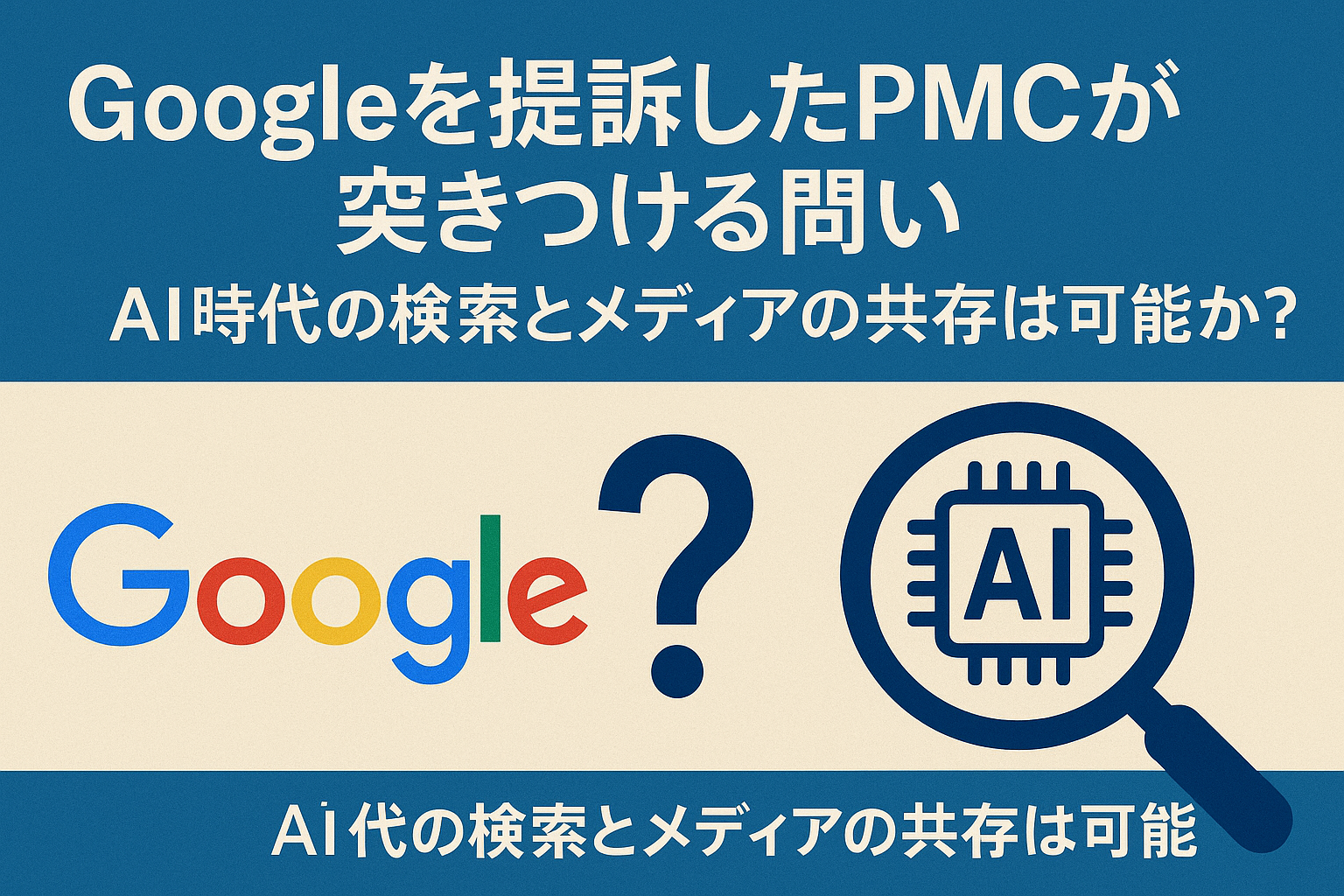Introduction
U.S. media giant Penske Media Corporation (PMC) has filed a lawsuit against Google over its search feature “AI Overview.”
PMC, which owns Rolling Stone, Billboard, and The Hollywood Reporter, claims that Google is using its content without permission, siphoning away traffic and revenue.
This lawsuit symbolizes the dilemma faced by the entire media industry at a time when generative AI is beginning to dominate as the primary gateway to information.
The Transformation of “Search” and the Shock of Zero-Click Behavior
Traditionally, search served as a “traffic gateway,” directing users to external websites. Media companies allowed Google to index their content, and in return, received clicks that translated into advertising revenue.
However, the emergence of “AI Overview” has upended this dynamic. Since users can find answers directly on Google’s results page, zero-click searches—where users no longer click through—are increasing, directly undermining the business model of publishers like PMC.
This can be seen as an inevitable friction arising from the evolution of search engines into “AI agents that provide answers directly.”
Can Media Companies and AI “Coexist”?
PMC’s arguments raise two key questions:
- Legitimacy of Content Usage
Is it fair use for AI to summarize and learn from publishers’ content? Or does it constitute copyright infringement?
- Revenue-Sharing Mechanisms
If AI generates “direct answers” using media articles as source material, shouldn’t media companies be compensated for that value?
Just as the music industry developed new revenue-sharing models with Spotify and YouTube, the news media and AI platforms must explore new frameworks for “use and compensation.”
Google’s Counterarguments and Key Issues
Google argues that “AI Overview drives new traffic to more websites.” In fact, by embedding links within AI-generated summaries, clicks to original sources could theoretically increase.
However, if most users are satisfied with the summary alone, those links risk becoming mere formalities. The real challenge lies in striking a balance between Google’s promise of “convenience” and the media’s need for a “sustainable business model.”
Outlook — Navigating the “Era of AI Search”
This lawsuit is just the tip of the iceberg. Around the world, publishers, news organizations, and authors have already taken legal action against generative AI companies.
In the distribution of information in the AI era, society must discuss:
- Transparent usage rules
clarity on training data and generation processes
- Reconstruction of revenue models
beyond AI usage fees or click-based rewards
- Ensuring public interest and fairness
avoiding risks of search monopolization
Conclusion
The PMC–Google lawsuit is not merely a corporate dispute; it confronts the universal question of how to preserve the value of media in a world where AI serves as the gateway to information.
While AI enhances convenience, if the creators of information cannot operate sustainably, the ultimate losers will be us—the users.
The relationship between search and media now stands at a historic turning point.

